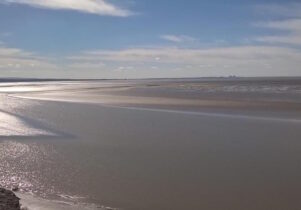
A significant natural landmark along the west coast, Morecambe Bay is home to an open-water swimming group who have over 2000 members.

A significant natural landmark along the west coast, Morecambe Bay is home to an open-water swimming group who have over 2000 members.
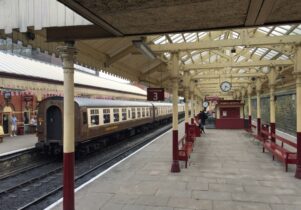
The East Lancashire Railway has six stops, all of which offer plenty of things to see and do, in beautiful surroundings.
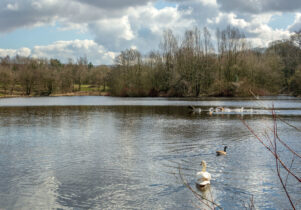
Rowley Lake is on the outskirts of Burnley, with much to offer to the walker who goes out of their way to venture out here. It’s open scope and substantial size lend it vast appeal, while it’s natural activity and beauty make it a pretty picture, with views extending endlessly across the flat plain.
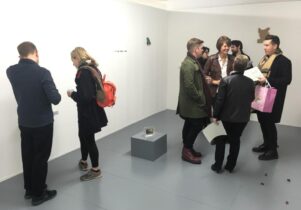
Abingdon Studios is a contemporary visual art studios and project space based in the heart of Blackpool Town Centre.
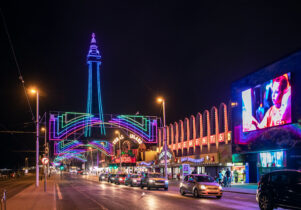
The number one free light show in the world stretches along Blackpool’s promenade every autumn for 66 nights.
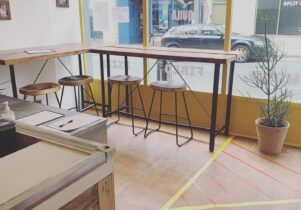
You can order online or over the phone to get your pizza fix. With regular deals on multiple pizzas and breads available for delivery and collection across Lancaster and Morecambe mid-week and weekends then keep your eyes on Aquila’s website and social channels.
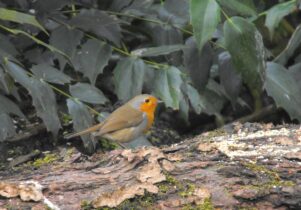
Salisbury Woodland is a an attractive green space, planted in the mid 1930’s to serve as a public recreation area as well as shelterbelt for Stanley Park Golf Course.
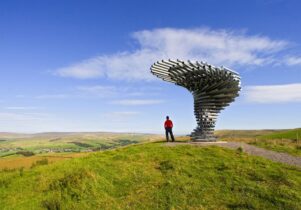
Burnley’s Panopticon, ‘Singing Ringing Tree’, is a unique musical sculpture which overlooks Burnley from its position high above the town on Crown Point. Constructed from pipes of galvanised steel stacked in layers, this Panopticon takes the form of a tree bending to the winds and harnesses the energy of those winds to produce a low, tuneful song.
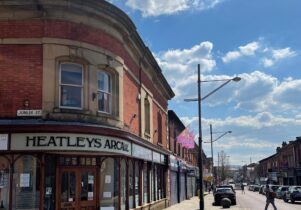
Two young Blackburners set up this shop selling vintage and sought after football casual brands, such as Iceberg, Moncler, Stone Island CP and Company.
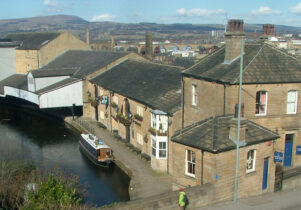
The Weavers Triangle is a modern name for an area on the banks of the Leeds and Liverpool Canal that was once at the heart of Burnley’s textile industry. The name was first used in the 1970s, as interest developed in preserving Burnley’s industrial heritage, and refers to the roughly triangular shape of the region.
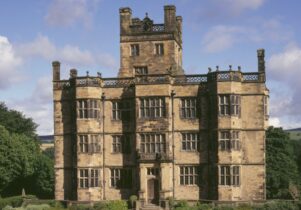
Affectionately referred to as the ‘Downton of the North’, Gawthorpe Hall was redesigned in the 1850s by Sir Charles Barry, designer of the Houses of Parliament and the ‘real’ Downton Abbey, Highclere Castle.
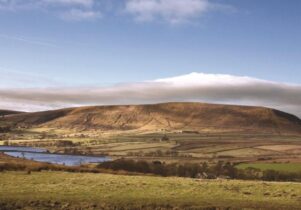
Most famous for its links to the now notorious witch trials of 1612, Pendle Hill and its surrounding towns and villages are a truly bewitching area of Lancashire. History and legend has woven a spell over Pendle.